Journey into history: Asia's must-visit museums for an unforgettable experience
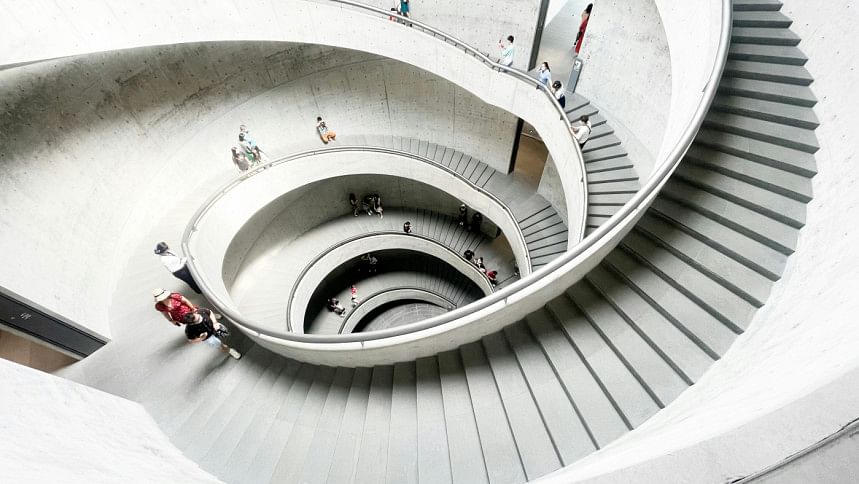
It does not matter whether you are a history buff, an art enthusiast, or a science aficionado — museums offer something for everyone. Asia boasts vast diversity in its landscapes, people and cultures, and for a curious traveller in the region, what better way to learn about it than to visit the nearest museum?
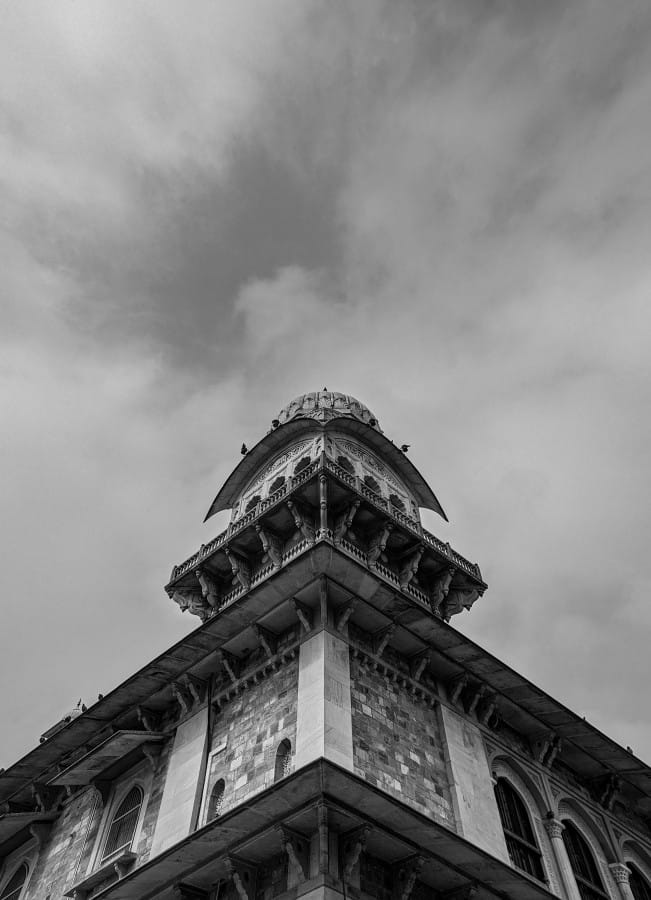
Albert Hall Museum, Jaipur, India
Situated in Jaipur, the Albert Hall Museum is one of the earliest museums in the region, inaugurated in 1887. Named after the contemporary Prince of Wales, the museum itself is a marvel in Indo-Gothic architecture, the coming together of Mughal and Hindu elements, complete with a European touch. Colourful lights illuminate the museum at night, making it a spectacle to behold.
In the main chamber, murals of local rulers line the upper half of the walls. The doorways to the inner chambers lead to several galleries exhibiting a wide array of artefacts from Persian carpets and medieval European statues to ivory idols of Hindu deities, weaponry, coins, and musical instruments from medieval India. The most surprising aspect of this museum though is its, wait for it… Egyptian mummy!
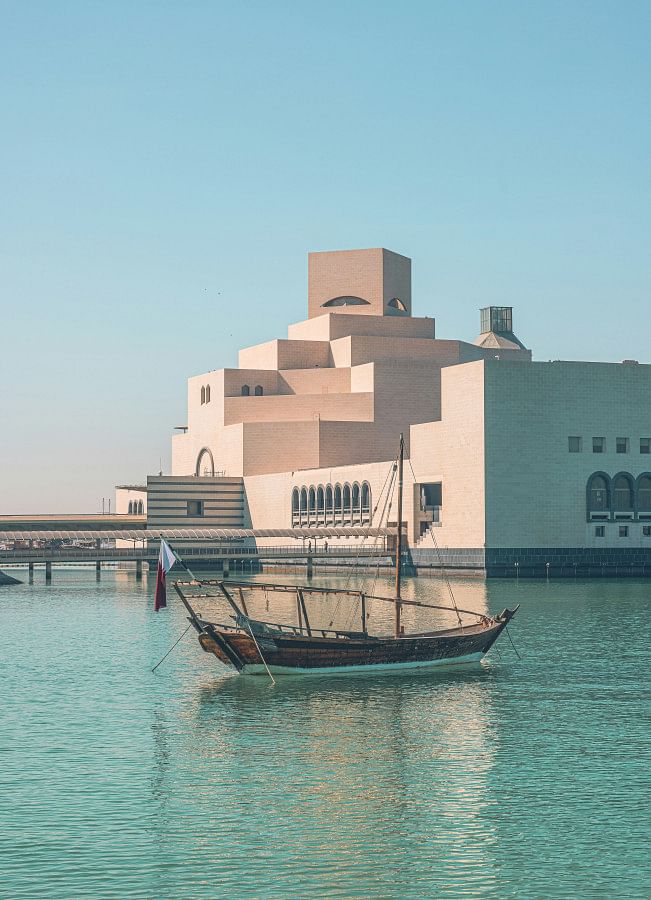
Museum of Islamic Art, Doha, Qatar
Designed by the renowned Chinese-American architect, I M Pei, this museum is an iconic work of modern architecture. The extensive promenade leading up to the entrance of the museum opens into a grand room with a sky-high ceiling and a spiral staircase with glass railings at the end. Here you can purchase a ticket for Tk 1,500 which will allow you access to the museum for the next three days.
The Museum of Islamic Art has a total of 18 galleries displaying thousands of artefacts, including, but not limited to, Arabic calligraphy and early books, jewellery, metalwork, pottery, woodwork, china, and colourful textiles and rugs. If you follow the different trails in the museum guides, you will be able to view the displayed artefacts as part of a story that takes you back hundreds of years through the journey of Islamic civilisation.
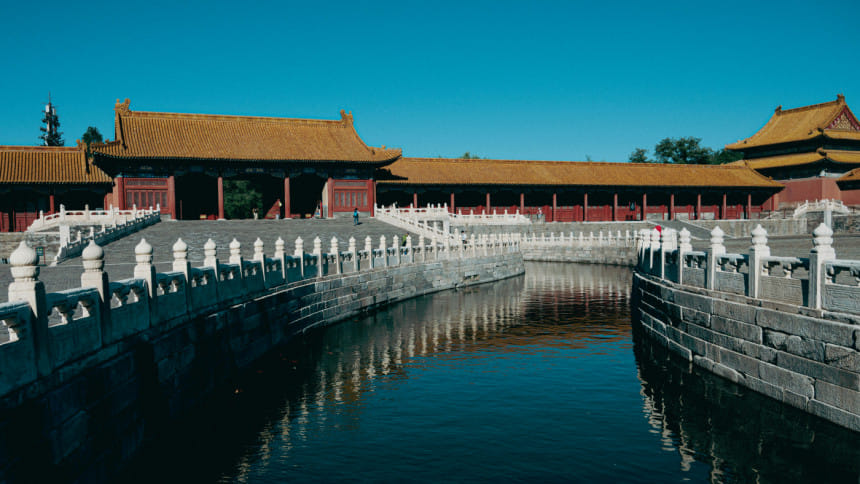
The Palace Museum, Beijing, China
The Palace Museum is located in the Forbidden City, the seat of the Ming and Qing dynasties and the heart of one of the world's greatest civilisations. The Forbidden City, named aptly so by the subjects of the Chinese empire for its discreet nature, is the largest palace compound in the world, yet only a small portion of it is open to tourists today.
The Chinese held their emperor and his family in great esteem, almost to the point of being regarded as sacred, and this is evident in the design of this museum. The main building of the museum has the statues of a lion and a lioness guarding its gates, symbolic of the power and authority of the emperor. Once inside, you will bear witness to the inner lives of some of the most powerful individuals in history.
War Remnants Museum, Ho Chi Minh City, Vietnam
A keen interest in war history? Then this one is a must-visit!
While most history books and documentaries will tell you of the First Indochina War and the Vietnam War from a Westerner's perspective, the Vietnamese have built this museum to tell you a story of their own. The three-dimensional reconstructions depict the brutalities inflicted upon the Vietnamese, while the relics and photographs adorning the walls speak of horrors untold.
The museum is open in the mornings and afternoons, and a ticket would cost you approximately Tk 200.
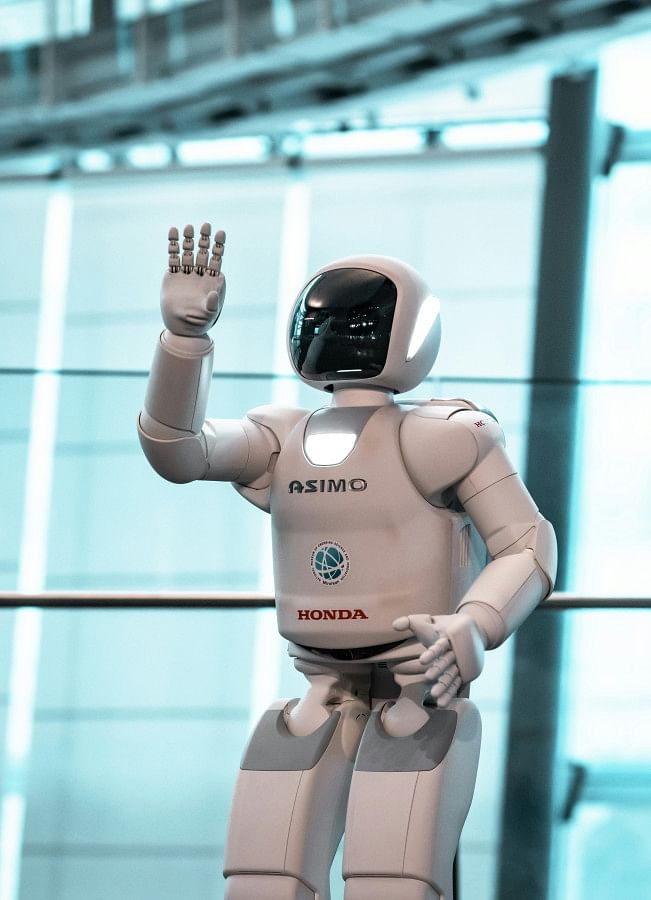
Miraikan, Tokyo, Japan
Ever flipped through a science fiction book and wondered what it would be like to be a part of that world? Well, the Miraikan is about to make your dreams come true! This museum will propel you into the future, with its AI-powered robots, multi-dimensional renditions and rooms which visualise life as it would be in outer space.
With its family-friendly setting, this museum is the perfect place to spend a day out with your young ones. Tickets start from around Tk 500, although visiting any one of their specially curated exhibitions would cost you more.

 For all latest news, follow The Daily Star's Google News channel.
For all latest news, follow The Daily Star's Google News channel. 



Comments